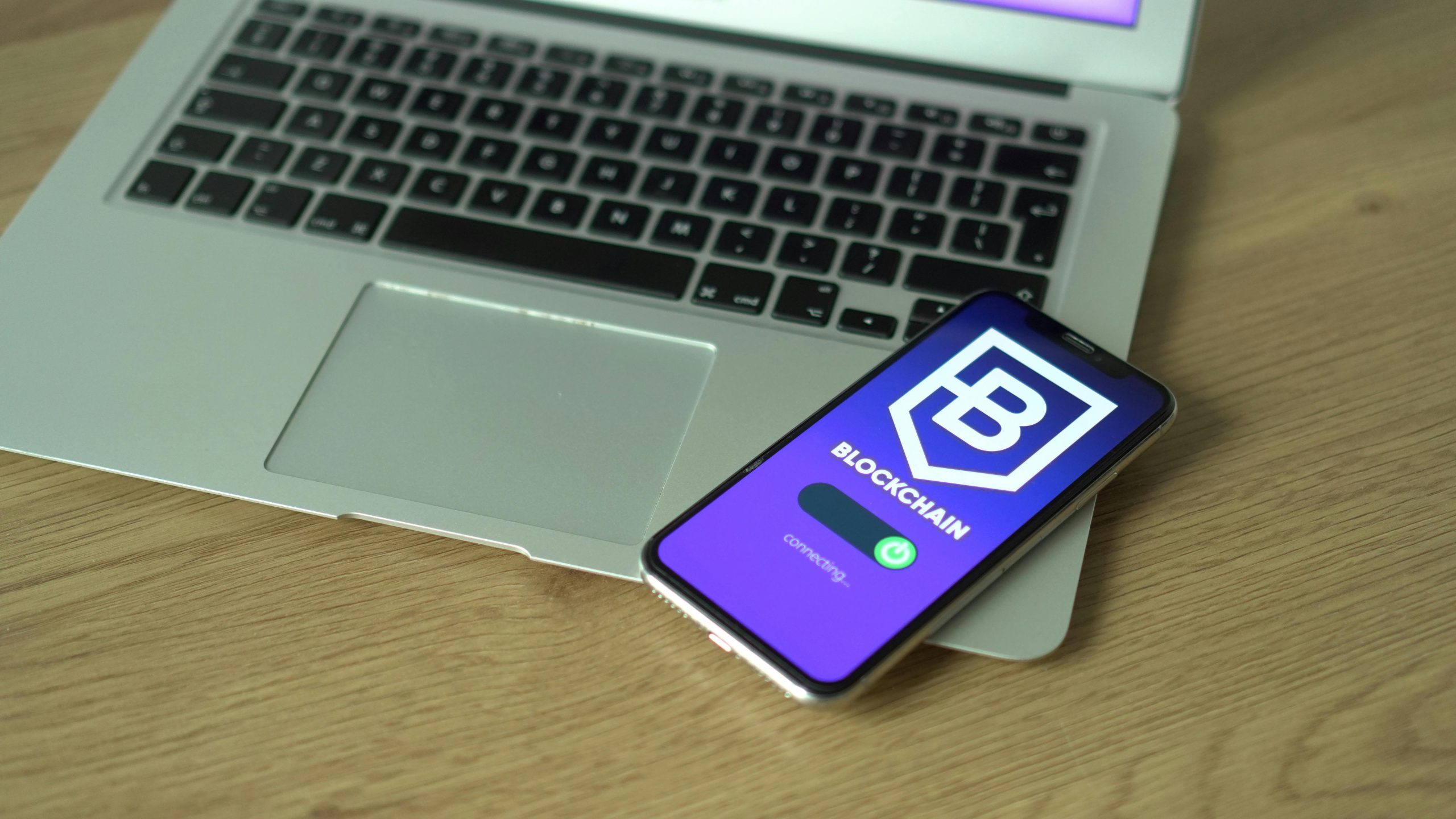When most people hear the word “blockchain,” their minds immediately jump to cryptocurrencies like Bitcoin and Ethereum. However, blockchain technology has evolved far beyond digital currencies, offering transformative solutions across industries. By 2025, blockchain is set to revolutionize sectors such as supply chain management, healthcare, finance, and even governance. This decentralized, transparent, and secure technology is unlocking new possibilities, making processes more efficient, trustworthy, and scalable. Let’s explore the top real-world applications of blockchain that will shape 2025.
1. Supply Chain Transparency and Efficiency
The global supply chain is a complex web of manufacturers, distributors, and retailers, often plagued by inefficiencies and lack of transparency. Blockchain is poised to change this by providing an immutable ledger that tracks every step of a product’s journey. Companies like Walmart and Maersk are already leveraging blockchain to trace food shipments and reduce fraud.
Key Benefits:
- End-to-End Traceability: Consumers can verify the origin and authenticity of products, from farm to table.
- Reduced Fraud: Counterfeit goods are minimized as every transaction is recorded and verified.
- Automated Processes: Smart contracts can trigger payments or alerts when conditions are met, reducing delays.
By 2025, blockchain-powered supply chains will become the norm, ensuring ethical sourcing and faster deliveries.
2. Decentralized Finance (DeFi) and Banking
While cryptocurrencies introduced blockchain to finance, decentralized finance (DeFi) is taking it further by eliminating intermediaries like banks. DeFi platforms enable peer-to-peer lending, borrowing, and trading with smart contracts ensuring security and transparency.
How DeFi is Transforming Finance:
- Borderless Transactions: Users can send and receive money globally without high fees or delays.
- Financial Inclusion: Unbanked populations gain access to loans and savings through decentralized apps.
- Transparent Auditing: Every transaction is recorded on the blockchain, reducing fraud and errors.
By 2025, DeFi could challenge traditional banking, offering faster, cheaper, and more inclusive financial services.
3. Healthcare Data Security and Interoperability
Healthcare systems struggle with fragmented patient records, data breaches, and inefficiencies. Blockchain offers a secure way to store and share medical data while ensuring patient privacy.
Blockchain in Healthcare:
- Secure Patient Records: Patients control access to their data, reducing unauthorized breaches.
- Interoperability: Hospitals and clinics can securely share records, improving diagnosis and treatment.
- Drug Traceability: Blockchain verifies the authenticity of pharmaceuticals, combating counterfeit drugs.
By 2025, blockchain could streamline global healthcare, making patient data more accessible and secure.
4. Smart Cities and Governance
Blockchain is empowering cities to become smarter and more efficient. From voting systems to energy management, decentralized ledgers are enhancing transparency and citizen engagement.
Blockchain-Powered Smart Cities:
- Tamper-Proof Voting: Blockchain ensures election integrity by preventing fraud and manipulation.
- Energy Trading: Peer-to-peer energy grids allow residents to buy and sell renewable energy directly.
- Digital Identity: Citizens can securely access government services without redundant paperwork.
By 2025, blockchain will play a pivotal role in building transparent, efficient, and citizen-centric smart cities.
5. Intellectual Property and Digital Rights
Artists, musicians, and creators often lose revenue due to piracy and lack of proper attribution. Blockchain provides a solution by enabling immutable proof of ownership and automated royalty payments.
Protecting Creativity with Blockchain:
- NFTs and Digital Ownership: Non-fungible tokens (NFTs) verify authenticity and ownership of digital art.
- Automated Royalties: Smart contracts ensure creators receive payments instantly when their work is used.
- Reduced Piracy: Blockchain tracks and verifies legitimate copies of digital content.
By 2025, blockchain will empower creators, ensuring fair compensation and control over their intellectual property.
Conclusion
Blockchain technology is no longer confined to cryptocurrency—it’s reshaping industries with its transparency, security, and efficiency. From supply chains to healthcare, finance to governance, and digital rights to smart cities, blockchain’s real-world applications are vast and growing. By 2025, these innovations will become mainstream, transforming how we interact with systems and each other. The future of blockchain is here, and it’s far more than just Bitcoin.
